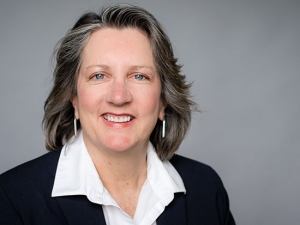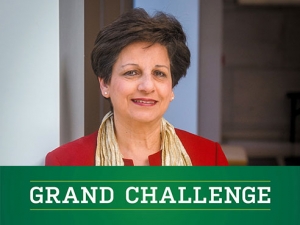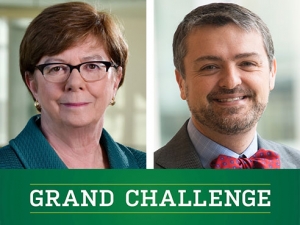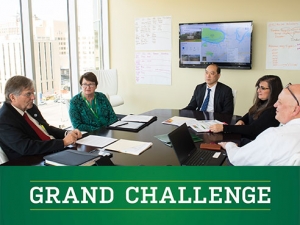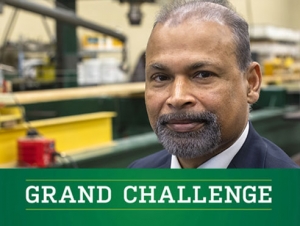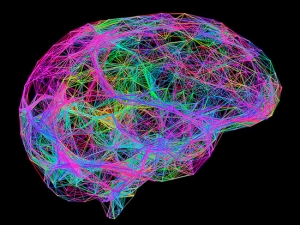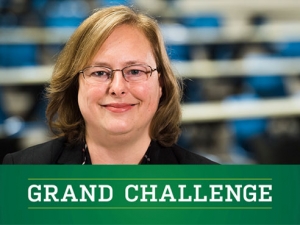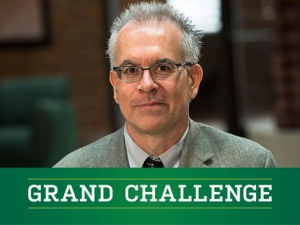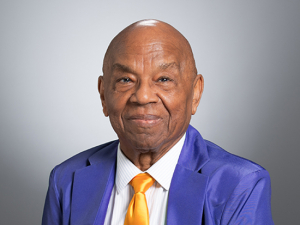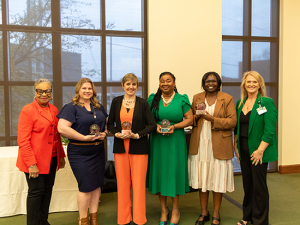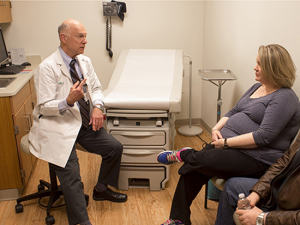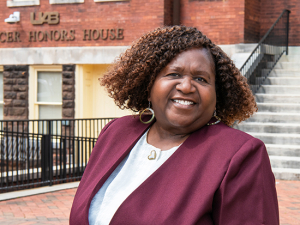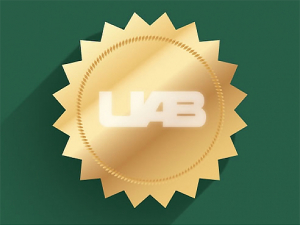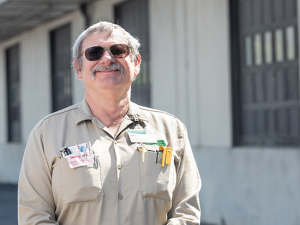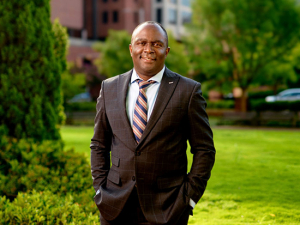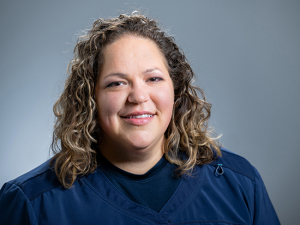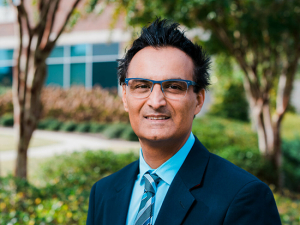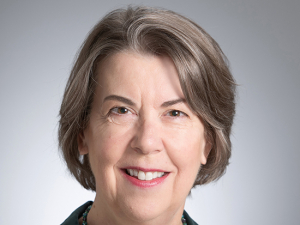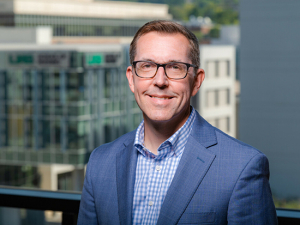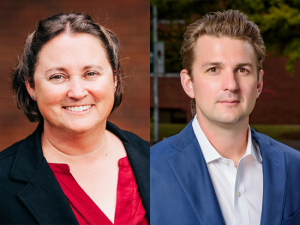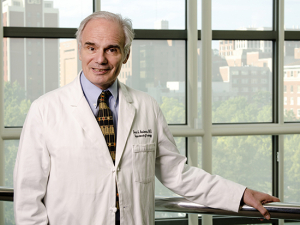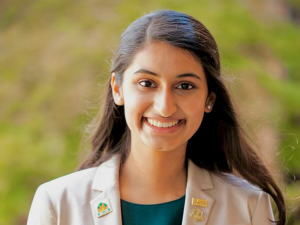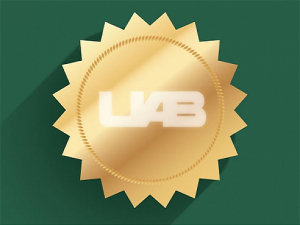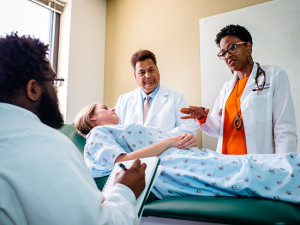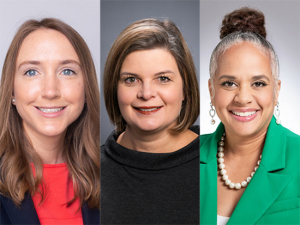
Matt Windsor
| This email address is being protected from spambots. You need JavaScript enabled to view it.Student’s innovative nonprofit moves from dream to reality
Grand Challenge finalist plans to make Alabama a model of healthy living by expanding proven innovations and changing policies, neighborhoods, schools and workplaces.
Lack of access to care is the biggest contributor to Alabama’s health woes and technology offers a solution, according to the REACH project, a finalist in the UAB Grand Challenge.
The Alabama HOPE Project, a Grand Challenge finalist, would bring change through education, health and economic opportunity, starting in Birmingham and Marengo County.
UAB team wants to build a roadmap to a model city
What does a smart, sustainable city look like in the 21st century? This Grand Challenge proposal would create a large-scale testbed for new approaches in technology, policy and sustainability in Birmingham to prove best practices to be used by cities throughout Alabama, the United States and the world.
Why neuroengineering is a smart career choice
A new discipline sits at the intersection of neuroscience and engineering, where lessons learned from circuits, networks and chips are combined with the latest findings on brain circuitry.
The project, a finalist in the Grand Challenge, promotes clinical intervention, education and research to prevent opioid overdoses.
Pay-to-publish journals are often outright scams and undermine the foundation of legitimate research, says Arline Savage, Ph.D. Here’s how faculty and their departments can defend themselves.
Success will position UAB, Birmingham and all of Alabama at the epicenter of the race to develop the advanced materials that will power the 21st century.
